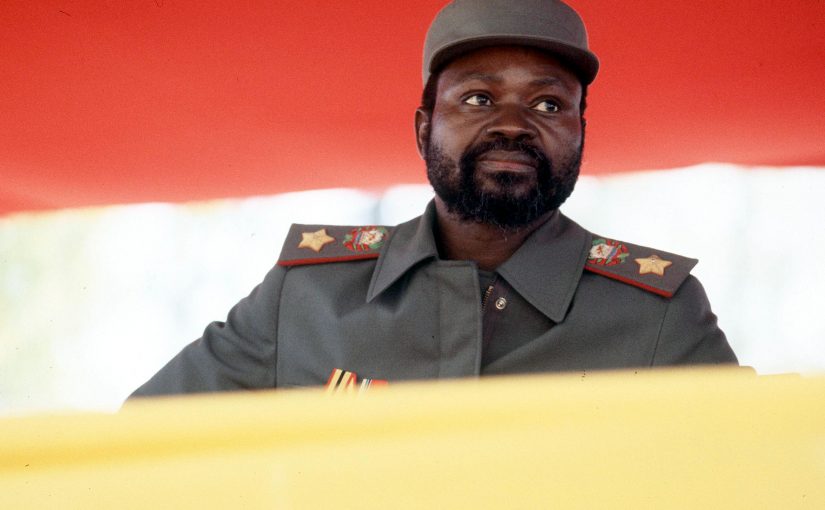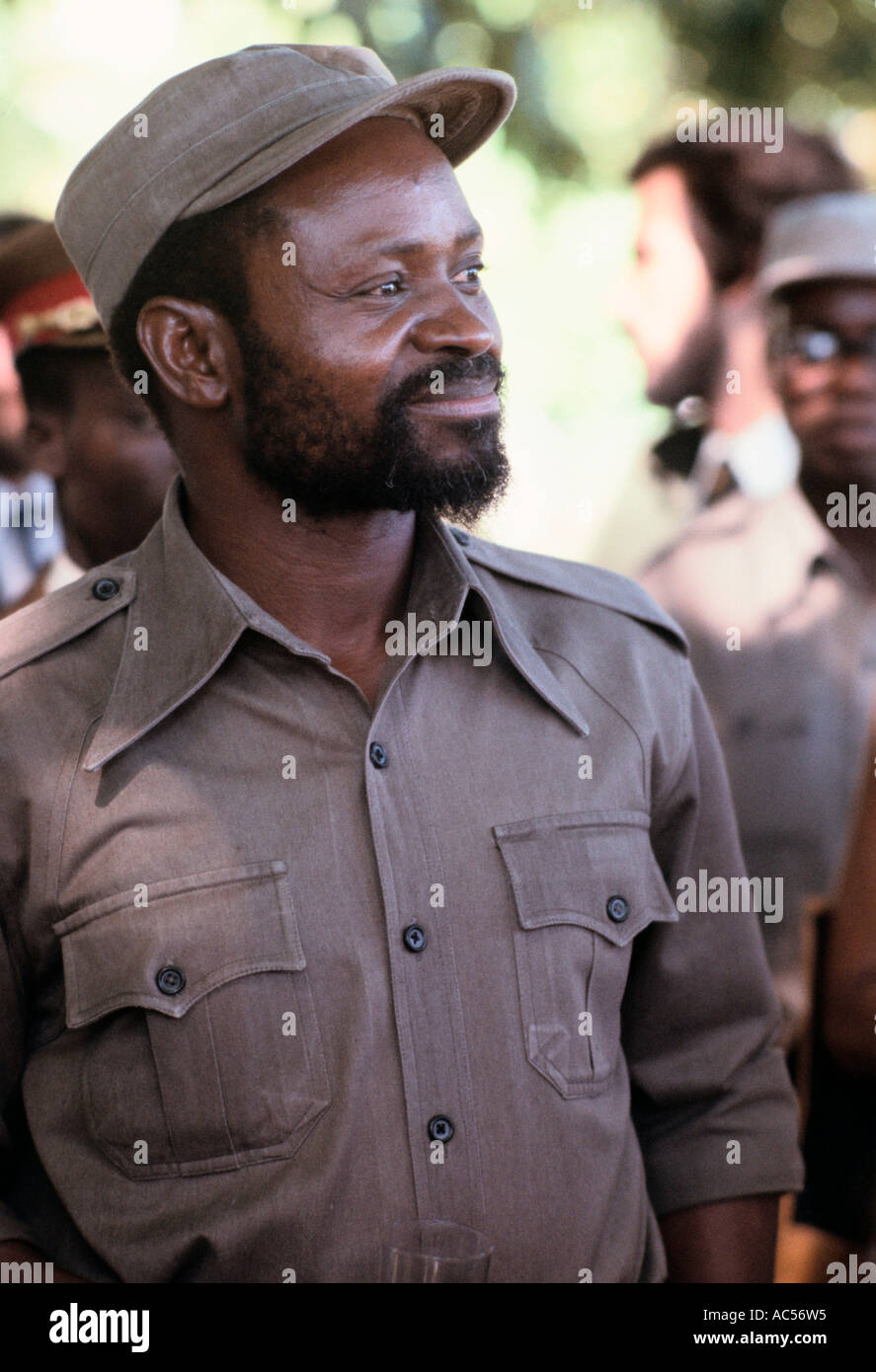In 1977 a new resistance movement was formed by the name of Renamo, the Mozambique Resistance Movement. This force was formed to counter the Frelimo government and to disrupt the logistical flow of goods to neighboring Zimbabwe. Once Zimbabwe became independent, South Africa then became Renamo's chief sponsor. Renamo was led by Dr. Afonso Dhlakama.
Here is a youtube Video announcing the death of Dr. Afonso Dhlakama with details about his life and the notorious rebel group
The Gersony report, Summary of Mozambican Refugee Accounts of Principally Conflict-Related Experience in Mozambique, 'written by Robert Gersony for the U.S. State Department submitted on April 1988, reported that refugees provided eyewitness or other credible accounts about killings (from Renamo) which included shooting executions, knife/axe/bayonet killings, burning alive, beating to death, forced starvation, and random shooting at civilians in villages during attacks.
Mozambican civilians were Renamo's principal targets in the war, although they also attacked government installations and the economic infrastructure. Renamo were notorious for their use of child soldiers.
 President Samora Machel
President Samora Machel The Frelimo administration, led by President Machel, was economically ruined by Renamo's rebels. The military and diplomatic entente with the Soviet Union could not alleviate the nation's economic misery and famine. As a result, a reluctant President Machel signed a non-aggression pact with South Africa, known as the Nkomati accord.
The Nkomati Agreement (1984)- Mozambique and South Africa
In return, Pretoria promised to sever economic assistance in exchange for Frelimo's commitment to prevent the African National Congress (ANC) from using Mozambique as a sanctuary to pursue its campaign to overthrow white minority rule in South Africa. The volume of direct South African government support for Renamo diminished after the Nkomati accord, but documents discovered during the capture of Renamo headquarters at Gorongosa in central Mozambique in August 1985 revealed continuing South African government communications along with military support for Renamo.

Recruitment and suffering during the war
On 19 October 1986, Mozambique's first president, Samora Machel died when his presidential aircraft crashed near South Africa's border. An international investigation determined that the crash was caused by errors made by the flight crew. Machel's successor was Joaquim Alberto Chissano, who had served as foreign minister from 1975 until Machel's death. Chissano continued Machel's policies of expanding Mozambique's international ties, particularly the country's links with the West, and pursuing internal reforms.

In 1990, with apartheid crumbling in South Africa, and support for Renamo drying up in South Africa as well as the United States, the first direct talks between the Frelimo government and Renamo were held. Frelimo's draft constitution in July 1989 paved the way for a multiparty sytem and in November 1990 a new constitution was adopted. Mozambique was now a multiparty state, with periodic elections, and guaranteed democratic rights.
On the 4th of October 1992, the Rome General Peace Accords, negotiated by the Community of Sant'Egidio with the support of the UN, were signed in Rome between President Chissano and Renamo leader Afonso Dhlakama, which formally took effect on the October 15, 1992.
A UN peacekeeping force (ONUMOZ) of 7,500 arrived in Mozambique and oversaw a two year transition to democracy. 2,400 international observers also entered the country to supervise the elections held on October 27-28, 1994.
The last ONUMOZ contingents departed in early 1995.
Assessment
1. What were the effects of the Mozambique Civil on the economy of Mozambique?
2. If were the advisor to the Samora Machel in 1983, what kind advise would you about ending the war?
 President Samora Machel
President Samora Machel 
